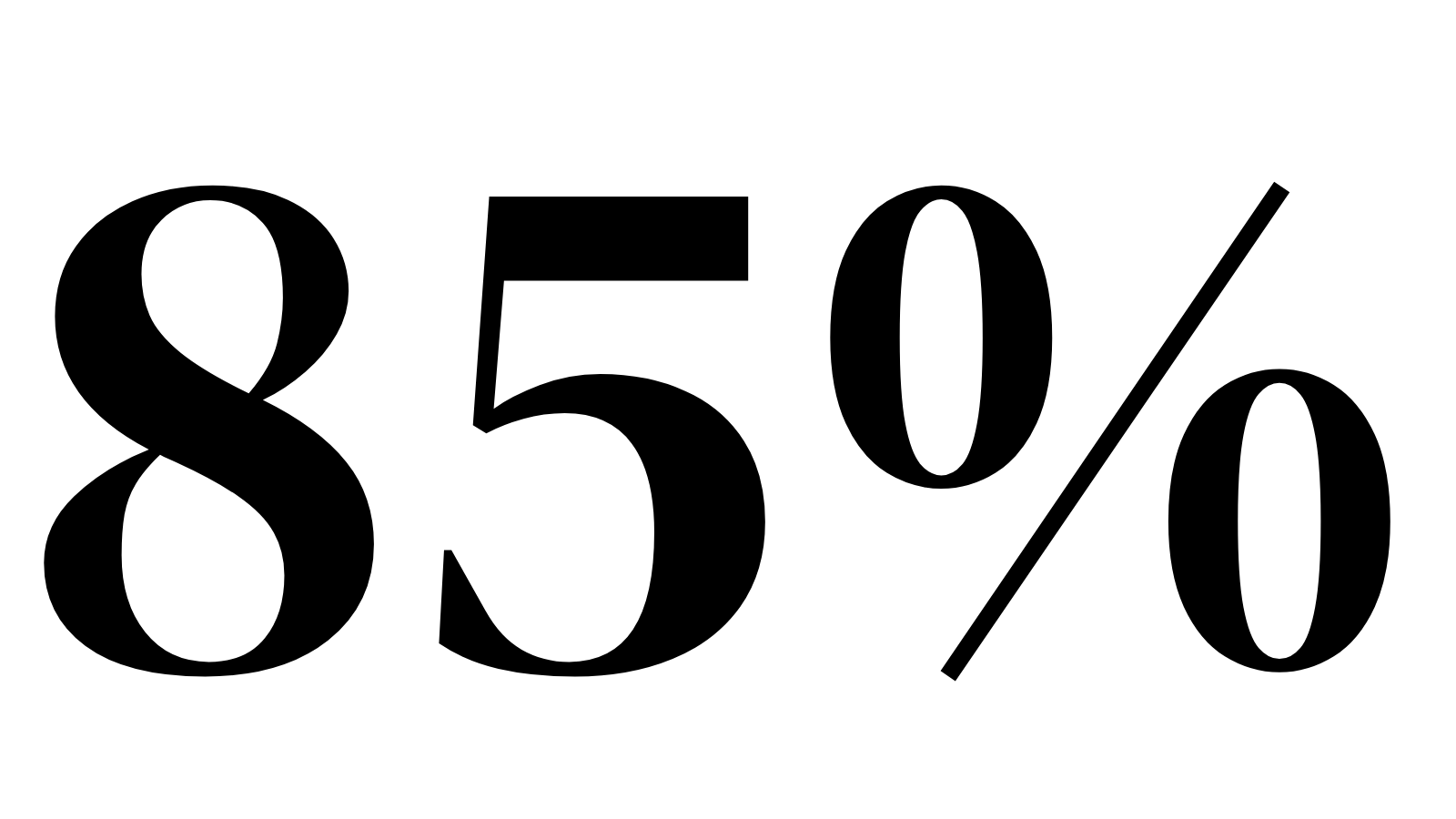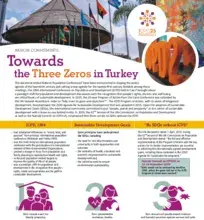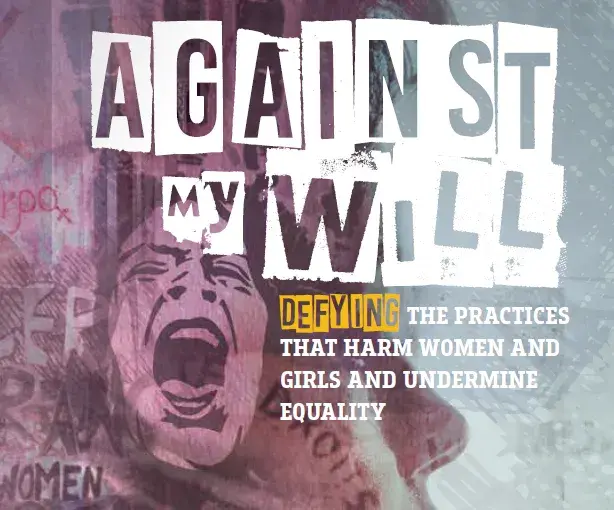16 Days of Activism Against Gender-Based Violence
Since 1991, from 25 November (International Day for the Elimination of Violence Against Women) until 10 December (Human Rights Day), the international community has observed the 16 Days of Activism Against Gender-Based Violence. The dates are significant, underscoring that violence against women is a violation of human rights.
UNFPA’s 16 Days of Activism campaigns have raised awareness, mobilized advocacy and inspired action to combat gender-based violence in its many forms: sexual harassment, child marriage, female genital mutilation, intimate partner violence and rape, among other atrocities.
But this work is never over. In 2020, UNFPA provided essential services to more than 967,000 gender-based violence survivors, including those with disabilities. Over 1.7 million girls received prevention or protection services related to child, early or forced marriage, and from 2018 - 2020, 350,000 girls were prevented from undergoing female genital mutilation. In line with the Sustainable Development Goals, UNFPA is committed to ending gender-based violence and harmful practices by 2030.
According to the Centre for Women’s Global Leadership, which launched the 16 Days of Activism Against Gender-Based Violence campaign with participants of its Global Institute, more than 6,000 organizations in some 187 countries have participated, advancing progress toward the urgent goal of ending gender-based violence.
Wherever women and girls are is where UNFPA is, fighting for their sexual and reproductive health and rights.
The Theme of the Year: Digital Violence
The prevalence of digital violence against women, including women who have personally experienced it or witnessed it against other women.
- Economist Intelligence Unit
Just as gender-based violence takes on many insidious forms, so does digital gender-based violence: image-based abuse aka non-consensual sharing of intimate images or “revenge porn,” cyber stalking, online harassment, sextortion, online trafficking, doxxing. The perpetrator could be a stranger on another continent or someone known next door who has weaponized technology and a target’s sexuality against her. Marginalized groups, including people with disabilities and LGBTQI individuals, might be even more vulnerable.
For survivors and victims of this sexualized abuse, like the young women whose stories are shared here, there is no distinction between real and virtual. Logging off doesn’t end the terror. The consequences are certainly all too real – fear, panic, anxiety, depression, post-traumatic stress disorder, suicidal thoughts and worse, among others. Our online and offline lives can blur into each other so as to be indistinguishable. Even if and after the violence ends, the scars endure. Survivors may limit Internet use or leave entirely, depriving themselves of community and connection, exploration and discovery, economic opportunity, education and entertainment.
VIRTUAL VIOLENCE IS VIOLENCE. ONLINE ABUSE IS ABUSE.
Virtual violence is violence. Online abuse is abuse. Women and girls have the right to feel safe in all spaces, wherever they are.
Like other forms of gender-based violence, this type of abuse is intended to make someone feel alone and powerless. If you have experienced digital gender-based violence, know that you are not alone – you are experiencing what many other women and girls face in this technological age. Talk with trusted friends and family. Don't allow fear or embarrassment to prevent you from reaching out for help.
For more, hear the stories of women from all over the world who have experienced digital violence. Click to start.





